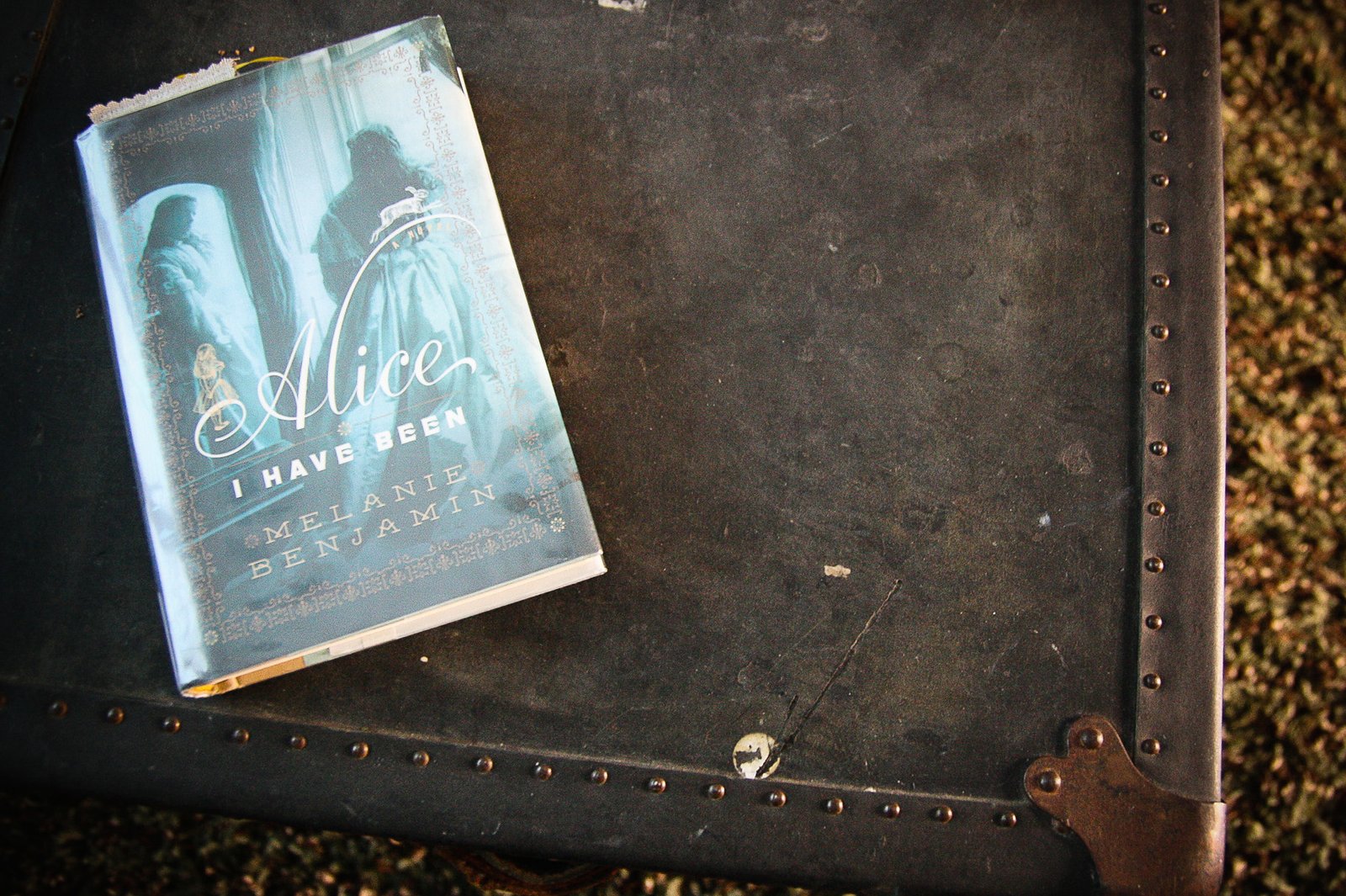I wish I had read Melanie Benjamin’s first historical novel, Alice I Have Been, before I wandered aimlessly around Oxford ten years ago. Had I known the fascinating and disturbing story behind a shy, stuttering Oxford professor and his disquieting friendship with a young girl who lived there, I assure you my steps would’ve been more directed. Instead of milling about the cafes and secondhand bookshops, I would’ve been studying the university’s windows, courtyards, stairwells and living quarters, searching for shadows of Wonderland. For it was in those places that one of literature’s most beloved protagonists grew up, loved, and lost on the harshest side of a Victorian looking glass.
From Publisher’s Weekly:
Born into a Victorian family of privilege, free-spirited Alice catches the attention of family friend Dodgson and serves as the muse for both his photography and writing. Their bond, however, is misunderstood by Alice’s family, and though she is forced to sever their friendship, she is forever haunted by their connection as her life becomes something of a chain of heartbreaks. As an adult, Alice tries to escape her past, but it is only when she finally embraces it that she truly finds the happiness that eluded her.
Benjamin’s fluid, poetic novel is told through the voice of the real Alice for whom Charles Dodgson (aka Lewis Carroll) dedicated Alice’s Adventures in Wonderland. It’s a novel that left me the way all good books do: asking questions. Not of the story necessarily (it was fantastic), but of myself.
I sat quietly for a long time with the finished book in my lap and considered the Charles Dodgsons in my own life; the people who meant to do well by me as a child and a young woman, but who ended up damaging me instead. I wondered out loud, as the real Alice did in her twilight years, To what extent I was to blame? To what degree have I been haunted? To whom do I owe my escape?
Unfortunately for Alice, finding evidence of her escape in this novel or elsewhere is nearly impossible. Finding evidence of mine, however, is more palpable.
“For he has rescued us from the kingdom of darkness and transferred us into the Kingdom of his dear Son, who purchased our freedomand forgave our sins.”
Colossians 1:13-14
Damage, regret, and blame no longer hold me in their grip because Jesus pried me from it when he came to my rescue. Alice I Have Been reminded me of this by bringing to light the greatest tragedy of Alice’s life, which is that she spent it consumed with the wrong story, defining herself by her connection to Carroll instead of to Christ.
“Through the looking glass, indeed. For there really was no logic to my life; I had traveled and searched and questioned and loved and tried, so very hard, yet still I ended up in this place with no answers, no solutions. There was no Wonderland; there had never been a Wonderland. There was only me, looking at myself in a mottled glass, unable to recognize the child I had been, the woman I had become, alone now with nothing to my name but a crumbling old house.”
It sounds rather depressing, I know, but the book really moved me to appreciate the clarity I enjoy because I know where my security and identity lie—with Jesus. I don’t often stop to think about what a gift that is, so I have Alice—and Melanine Benjamin—to thank for the reminder.

